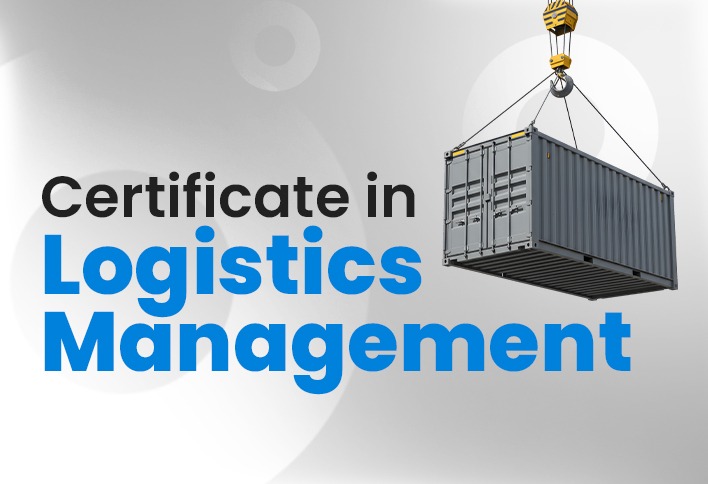-
Medical & Surgical Related Sections (Obstetrics, placement etc.)
-
Medical & Surgical (Related Sections (Administration, Measurement &Monitoring, Extracorporeal or systemic assistance etc.)
-
Medical & Surgical Related Sections(Radiation therapy, Osteopathic, Chiropractic, Radiation therapy, Physical rehabilitation& Diagnostic Audiology)
-
Medical & Surgical Related Sections(Mental Health &Substance abuse treatment)
-
New technology Section and Updates
-
Ancillary Sections (Radiation, Physical Rehab, Mental Health, Substance Abuse)
-
Abstracting Medical Record Information for PCS Coding
-
Coding Scenarios & Case Studies (Medical/Surgical)
-
Mock Question Practice




